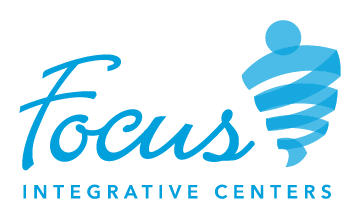Eating Disorder Recovery Concepts
Learn to Practice Self-Compassion
You may not always feel compassionate toward yourself, but learning to treat yourself with kindness is an imperative part of recovery. Practice use of kind words, kind actions, kind imagery, and compassionate touch.
Listen to and Honor Your Emotions
Emotions are instinctually designed to protect us from harm. They also give us clues to what we care about/value in life. Begin to recognize and honor your own emotional needs (emotional hungers).
Follow Your Meal Plan
Remember to trust that your dietitian has developed a meal plan and/or eating goals that are optimal for your recovery. Food is medicine.
Practice Assertiveness Skills
Speak your truth in an effective and respectful manner. State your needs clearly and without blame, passive-aggression, or self-martyring behaviors.
Embrace Connection with Others
We often respond to the shame associated with eating disorders by avoiding emotional and physical connection with others. Learn to allow yourself to be supported by others (family, friends, co-workers, etc.).
Identifying Your Core Values
Identifying values can give meaning/purpose to your recovery. Examples of valued life domains include: family, relationships, career, leisure, health, etc.
Increase Your Awareness of the Present
Use techniques like diffusion, expansion, mindfulness, and observing self to increase non-judgmental awareness of present moment and create patterns of sustainable behavior change.
Set Reasonable, Realistic Goals
It is necessary to set goals that are attainable, not expecting perfection from yourself.
